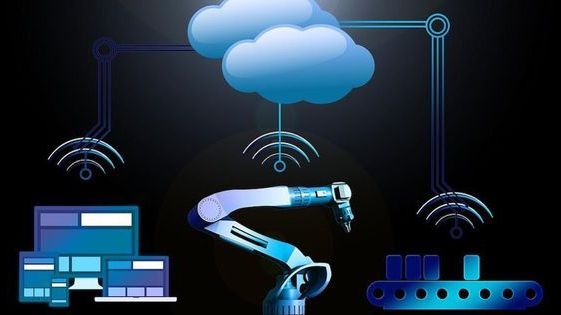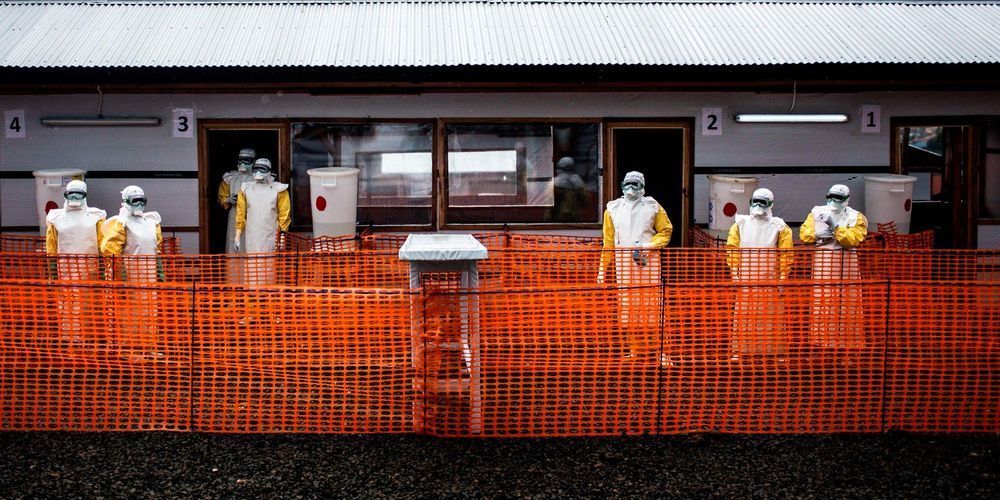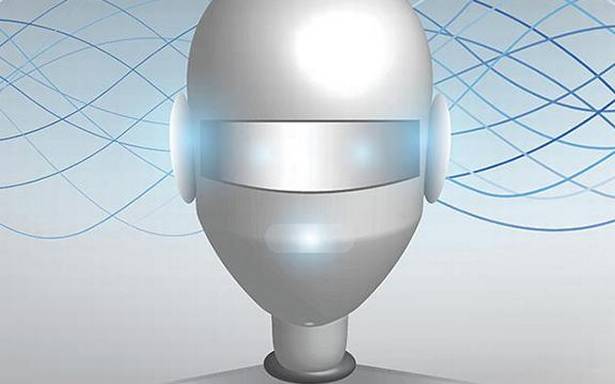Aug 13, 2019
Why AIoT Is Emerging As The Future Of Industry 4.0
Posted by Genevieve Klien in categories: internet, robotics/AI
Two trends that are dominating the technology industry are the Internet of Things (IoT) and Artificial Intelligence (AI). But for industrial automation, these two technologies are much more than the buzzwords or trending topics. The convergence of AI and IoT will redefine the future of industrial automation. It is set to lead the Industry 4.0 revolution.
IoT and AI are two independent technologies that have a significant impact on multiple industry verticals. While IoT is the digital nervous system, AI becomes the brain that makes decisions which control the overall system. The lethal combination of AI and IoT brings us AIoT — Artificial Intelligence of Things — that delivers intelligent and connected systems that are capable of self-correcting and self-healing themselves.
To appreciate the promise of AIoT, we need to look at the evolution of connected systems.



















